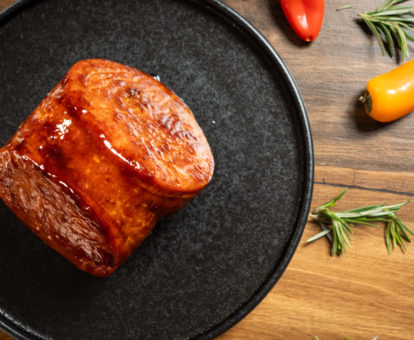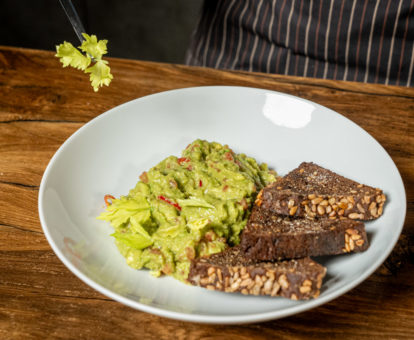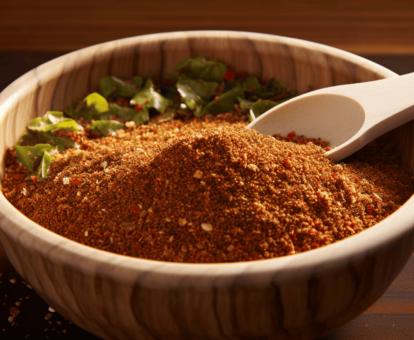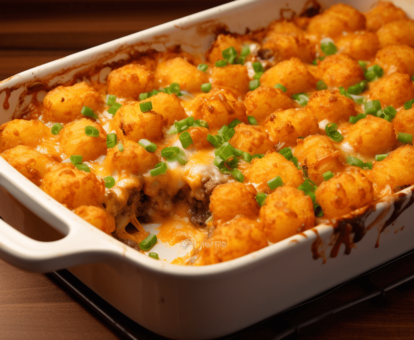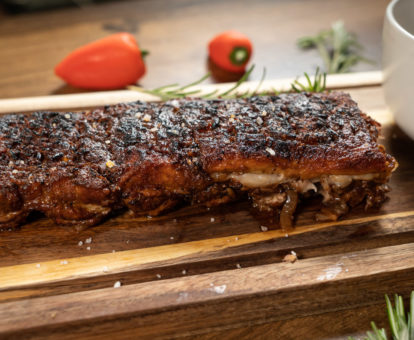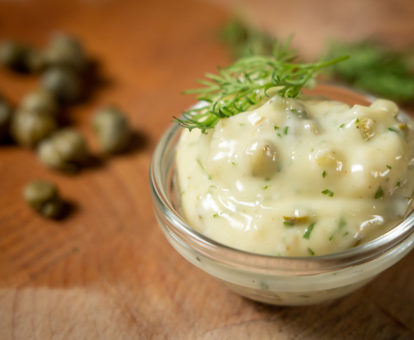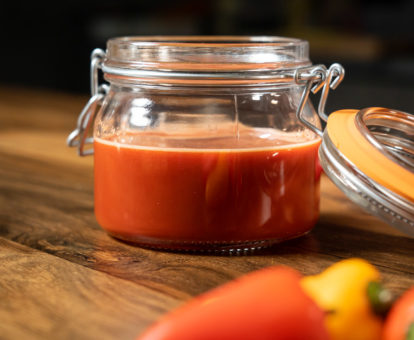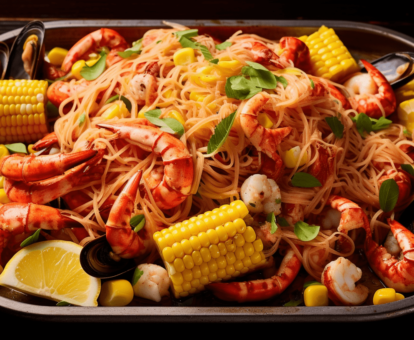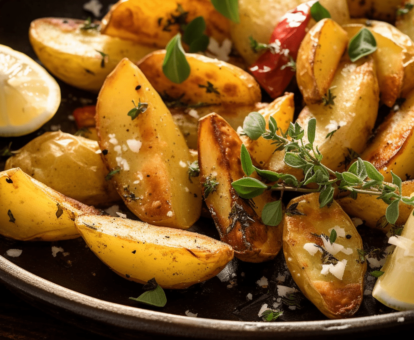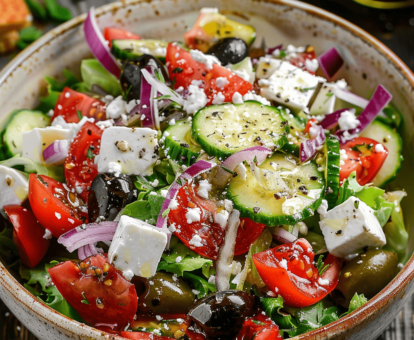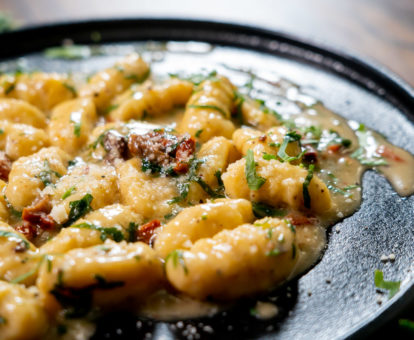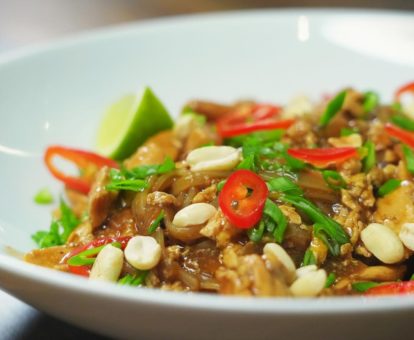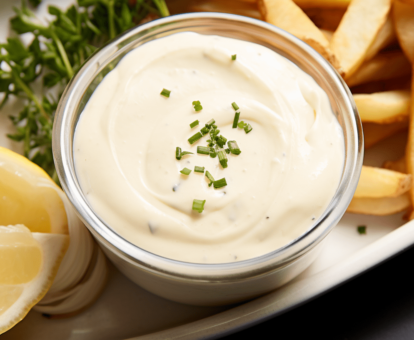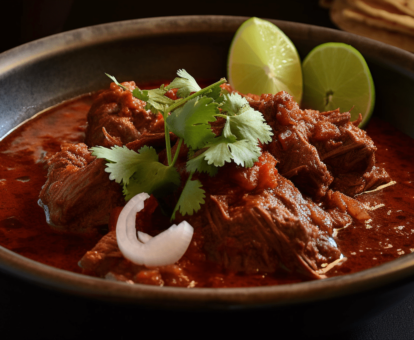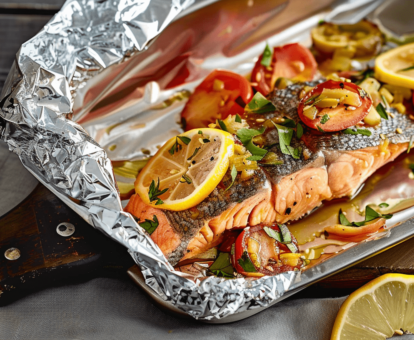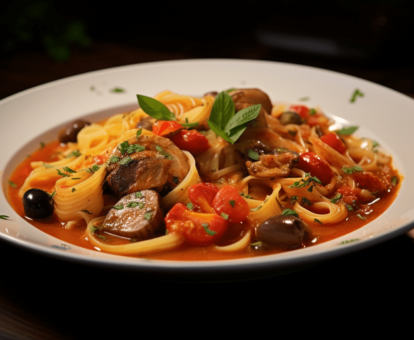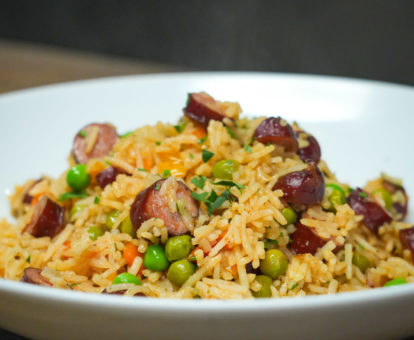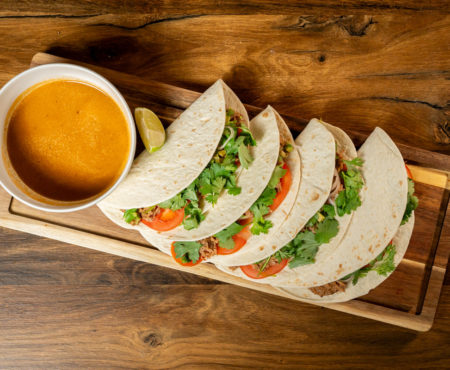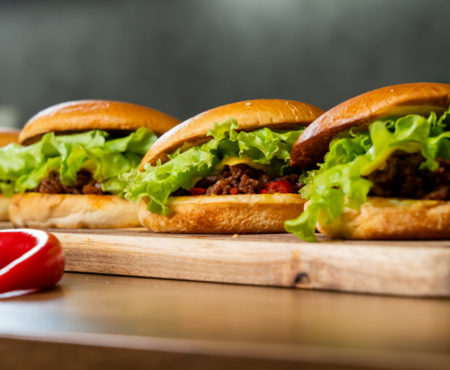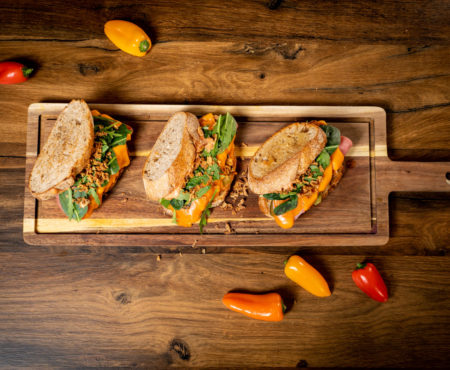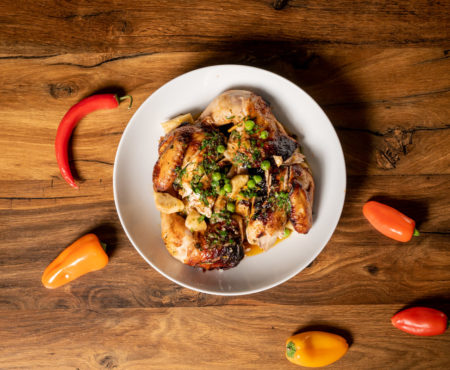24 hrs 5 mins
Vadim Rachok
4 hours 20 mins
Vadim Rachok
8 hrs 10 mins
Vadim Rachok
2 weeks 5 mins
Vadim Rachok
3 hrs 15 mins
Vadim Rachok
1 hour 50 mins
Vadim Rachok
1 hour 5 mins
Vadim Rachok
1 hour 25 mins
Vadim Rachok
Adopting a gluten-free diet involves excluding gluten, a protein composite found in wheat, barley, rye, and their derivatives. This diet is essential for managing celiac disease and non-celiac gluten sensitivity. Beyond medical reasons, some individuals choose a gluten-free lifestyle for its perceived health benefits, including improved digestion and increased energy levels.
Understanding Celiac Disease and Gluten Sensitivity
Celiac disease is an autoimmune disorder where ingestion of gluten leads to damage in the small intestine, while gluten sensitivity involves adverse reactions to gluten without the autoimmune component. Both conditions necessitate a strict gluten-free diet to avoid symptoms and promote intestinal healing.Who Should Adopt a Gluten-Free Diet?
Primarily, those diagnosed with celiac disease or gluten sensitivity must adhere to a gluten-free diet. Additionally, individuals with wheat allergies or those experiencing unexplained digestive issues may also benefit from eliminating gluten to assess whether symptoms improve.Decoding Labels: Finding Hidden Gluten in Foods
Gluten can lurk in many unexpected products, including sauces, soups, and processed foods. Learning to read labels carefully is crucial, looking out for terms like malt, hydrolyzed vegetable protein, and even "natural flavors" that can indicate the presence of gluten.Symptoms Indicating a Gluten-Free Diet Might Be Necessary
Symptoms that may prompt a gluten-free diet include gastrointestinal discomfort, bloating, diarrhea, constipation, skin rashes, joint pain, and fatigue. If you experience these symptoms, it's essential to consult with a healthcare professional for proper testing before starting a gluten-free diet.Nutritional Considerations and Substitutes
Removing gluten from your diet requires thoughtful planning to ensure nutritional adequacy. Gluten-free grains like quinoa, rice, buckwheat, and millet can provide essential vitamins, minerals, and fiber. It's also important to focus on whole foods to maintain a balanced diet.Innovative Gluten-Free Substitutes in Cooking and Baking
The market for gluten-free substitutes has expanded significantly, offering a wide range of options for bread, pasta, and baking flour. Natural alternatives, such as almond flour, coconut flour, and chickpea flour, not only replace gluten but also enrich recipes with new flavors and nutritional benefits.Living Gluten-Free: Practical Tips for Daily Meals
Embracing a gluten-free lifestyle means becoming adept at meal planning and preparation. Stock your pantry with gluten-free staples, experiment with gluten-free recipes, and always have safe snacks on hand. Awareness and creativity are key to a satisfying gluten-free diet.Eating Out and Social Gatherings on a Gluten-Free Diet
Navigating dining out and social events requires diligence and communication. Research restaurants in advance, inform the staff of your dietary needs, and don't be shy about bringing your gluten-free dishes to share at gatherings.Gluten-Free Recipes to Inspire Your Meal Planning
The gluten-free culinary world is rich and varied, offering everything from hearty breads and pastas to delectable desserts. Exploring gluten-free recipes can lead to discovering new favorite dishes that cater to your dietary needs without sacrificing taste or texture.Conclusion
A gluten-free diet, while challenging at first, can lead to a healthier and more enjoyable lifestyle for those with gluten-related disorders or for anyone looking to improve their overall well-being. With a wealth of resources available, from online forums to gluten-free cookbooks, embarking on this journey is more accessible than ever. As a seasoned expert in nutrition, I encourage anyone considering a gluten-free diet to approach it with curiosity and openness. With the right knowledge and tools, a gluten-free diet can be a doorway to discovering a world of culinary delights and enhanced health.
